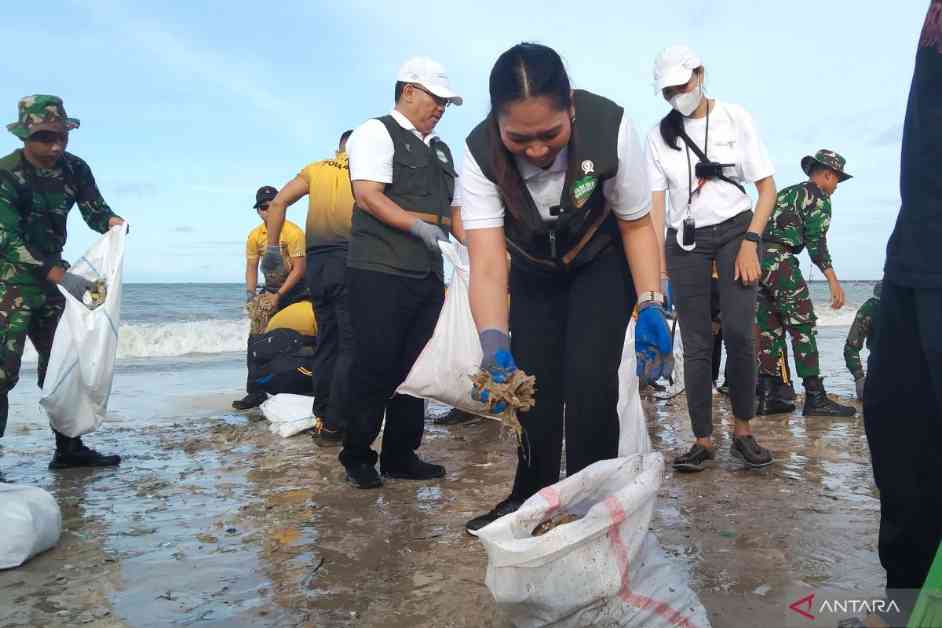Promoting Clean Tourism Movement in Eight Pilot Destinations
In a groundbreaking initiative to elevate the quality and appeal of domestic tourism, the Ministry of Tourism has launched the Clean Tourism Movement program in eight pilot destinations, with Bali Province at the forefront. Deputy Minister of Tourism Ni Luh Puspa unveiled this ambitious project on Sunday, emphasizing its crucial role in fostering a pristine ecosystem and fostering public consciousness about the significance of cleanliness.
Transforming Tourist Destinations for the Better
The eight chosen tourist destinations are strategically grouped into super priority tourist destinations (DPSP) and stand-alone key locations that attract a significant influx of visitors. Among the DPSP sites are Mandalika in West Nusa Tenggara (NTB), Borobudur in Central Java, Labuan Bajo in East Nusa Tenggara (NTT), Likupang in North Sulawesi, and Lake Toba in North Sumatra. Additionally, Bali, Jakarta, and the Riau Islands are identified as pivotal destinations due to their substantial tourist footfall.
Deputy Minister Puspa highlighted that the success of this initiative could pave the way for its expansion to other regions, underscoring its potential impact on Indonesia’s tourism landscape. The Clean Tourism Movement focuses on two key factors: effective waste management practices and maintaining impeccable cleanliness standards at tourist sites.
Addressing Health and Hygiene Challenges
The genesis of the clean tourism campaign stems from Indonesia’s lagging performance in health and hygiene metrics, as indicated by the Tourism and Travel Development Index (TTDI). Currently ranking 89th out of 114 countries in health and hygiene pillars, Indonesia is striving to enhance its standing in the global tourism arena. Notably, Indonesia’s overall TTDI ranking has surged to the 22nd position in 2024, marking a significant improvement from the previous year’s 32nd spot.
Deputy Minister Puspa underscored the critical need to bolster health and hygiene standards across Indonesian tourist destinations, citing the urgent call to action embodied by the Clean Tourism Movement. Commending the exemplary waste management practices at tourist spots like Taro Village and Monkey Forest in Gianyar District, Bali, she expressed optimism that these success stories could inspire similar initiatives nationwide.
Striving for a Cleaner, Greener Future
As Indonesia charts a course towards a cleaner, greener tourism sector, the transformative impact of the Clean Tourism Movement is poised to revolutionize how visitors experience the country’s natural and cultural wonders. By fostering a culture of environmental stewardship and promoting sustainable tourism practices, this initiative heralds a new era of responsible travel that benefits both the local communities and the environment.
In essence, the Clean Tourism Movement encapsulates Indonesia’s commitment to redefining its tourism landscape and setting new benchmarks for excellence in cleanliness and sustainability. Through collective efforts and unwavering dedication, the vision of a cleaner, more vibrant tourism sector is within reach, promising a brighter future for generations to come.






















